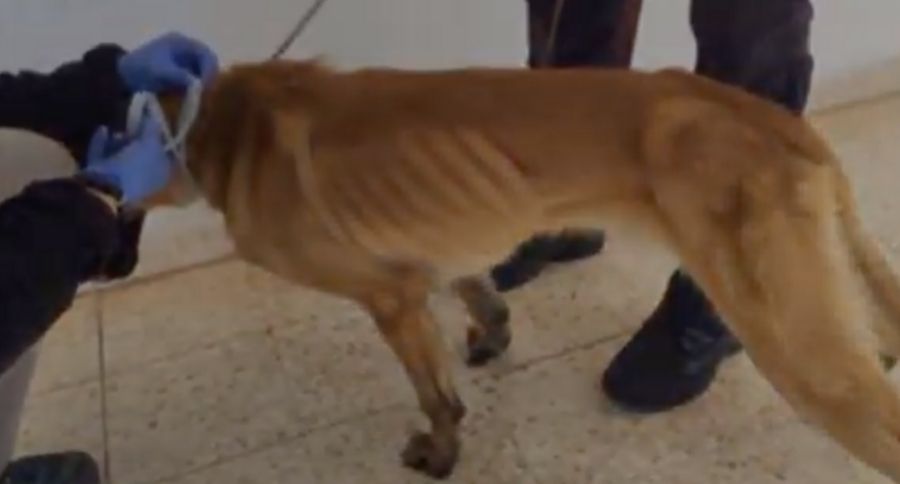A recent report from the U.S. State Department Office of the Inspector General or the OIG has evidence of horrible conditions in Jordan. Bomb-sniffing dogs sent there by the U.S. are dying from poor health and terrible working conditions. These dogs are not only emaciated as seen in the report but there are a number of concerns expressed. Let's unpack this here for readers.
Why are we sending dogs there in the first place?
The Antiterrorism Assistance Program has been in existence since the 1960s.
"The Department's antiterrorism assistance program provides training and equipment to foreign countries under the Foreign Assistance Act of 1961, as amended, to enhance the ability of their law enforcement personnel to deter and counter-terrorism. Congress established the antiterrorism assistance program in 1983 to provide training to foreign law enforcement personnel and supply equipment and other commodities related to bomb detection and disposal, management of hostage situations, physical security, and other matters related to the detection, deterrence, and prevention of acts of terrorism."
Sending dogs has been a common practice. For more than 20 years, the State Department has provided bomb-sniffing dogs to foreign countries thanks to this program. The program didn't come under scrutiny until May 2018, nearly a year after a complaint left on an OIG hotline alleged a lack of oversight, insufficient health care for the animals and poor working conditions.
So nearly a year later we're finally making noise about this issue in Jordan. What about the other countries that receive our canines?
Stars and Stripes confirm that since 2008, at least 12 U.S.-trained explosive detection canines provided to the kingdom of Jordan under an antiterrorism program died from medical problems. Others were overworked, unhealthy and forced to live in kennels with "barely existent" sanitation, including somewhere a deadly virus was rampant, officials said.
As of this week thanks to the OIG report, there has been a strong statement made asking the department to stop sending dogs to Jordan until regulations can be put into place.
The report breaks down the number of dogs and where they are sent across the world. The program in Jordan is by far the largest recipient but the department could not provide detailed information about programs in nine other countries which had a total of between 75 and 100 active dogs as of last September. Yikes!
Dogs are living in kennels too small for them and covered in feces. In 2018, (2018 seems to be decades late for a vet to be on-site) the program sent a veterinarian to Jordan for one year which a great first step but dogs are still being sent there.
The Army Field Manual, for example, requires weighing the canines monthly to monitor possible illness. There is no evidence that the dogs in Jordan received such care according to an article that also covered this in GovExec.com.
Many of the breeds used are Belgian Malinois which are common working dogs. The medical care should be a priority for the department and unhealthy conditions sound like that's just part of the issue. They don't even take care of their own working dogs! Welfare checks are even in the manual and heatstroke happens because of humans, not dogs!
What do you think of this story? What a terrible fate for these dogs.
Please let us know if you think. Leave a comment below with your story.





